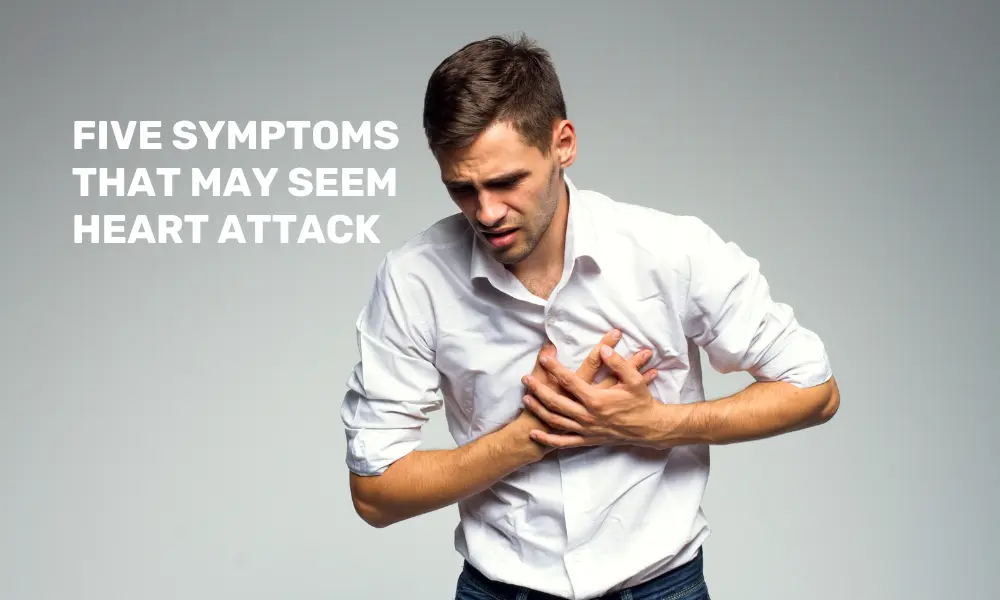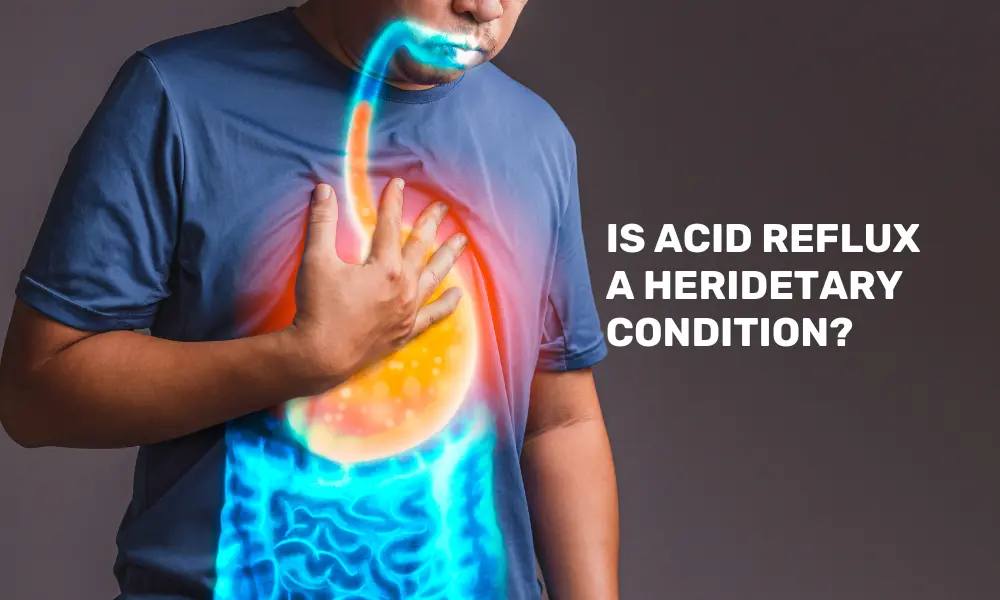Most of the time, having chest pain is often correlated with a heart attack most of the time. However, according to doctors, there can be many other reasons behind the condition, and most need immediate treatment. According to medical experts, one may have often pulled a muscle while exercising or even reaching out one’s hand to get something. Or else, indigestion, heartburn, an infection, or even a mental issue can be behind this condition.
Causes that may trigger chest pain other than a heart attack?
A heart attack happens when you have limited blood flow in your arteries, causing a lack of oxygen. And so, heart attacks cause immense pain that lasts for hours and can be fatal if untreated. However, not all chest pains indicate a heart issue. Let’s see what it all does.
Heartburn
Indigestion leads to acid reflux, a common condition that is not to be worried about. According to doctors, you may suffer from gastroesophageal reflux if you have reflux more than once a week.
The condition occurs when the contents in your stomach back up into your esophagus or the tube that connects your throat and stomach.
Pulled muscle
A pulled or strained muscle can be extremely painful, according to doctors. Experts say the symptoms are so similar that most of the time people are not able to tell the difference between a heart attack and a muscle issue. However, to know that, just press on your chest wall, and if it pains a lot, the issue is more likely to be an injury than a problem with your heart.
Shingles
Shingles are caused by a virus that causes chickenpox and lays dormant in your nerve cells long after the spots have faded. Shingles happens due to varicella-zoster virus (VZV), usually in people older than 50. A few symptoms of the condition include pain, itching, or tingling. Doctors suggest that before the rash appears, you may mistake early pain for a heart attack if the shingles affect your chest area.
Asthma
Having recurrent chest pain can be associated with asthma. According to doctors, asthma causes inflammation of your airways by tightening and producing more mucus. Its main symptoms include wheezing and difficulty breathing during a flare-up. You may feel an uncomfortable tightness in your chest when having an asthma attack. Asthma can usually be controlled with inhaled medications.
Panic attack
According to doctors, a panic attack happens due to extreme anxiety as your body’s fight-or-flight response begins to kick in. A panic attack may feel similar to a heart attack as it leads to a few symptoms like:
-
Chest pain
-
A feeling of dying
-
Dizziness
-
Nausea and vomiting
-
Pounding heart
-
Shaking and sweating
How to tell if your chest pain is severe?
According to experts, any pain in your chest related to a heart attack tends to come on suddenly and does not go away on its own. Also, if it is a serious heart attack-related pain, it would accompany a few symptoms that include:
-
Cold sweat
-
Fatigue and extreme tiredness
-
A racing heart
-
Breathlessness
-
Loss of consciousness
-
Light-headedness or dizziness
Doctors suggest that if one has been smoking long-term, has high cholesterol, high blood sugar levels, high blood pressure, or a family history of heart disease – all of these increase the odds that this new, significant chest discomfort one may feel is related to their heart. And so, one must see a healthcare expert immediately.





